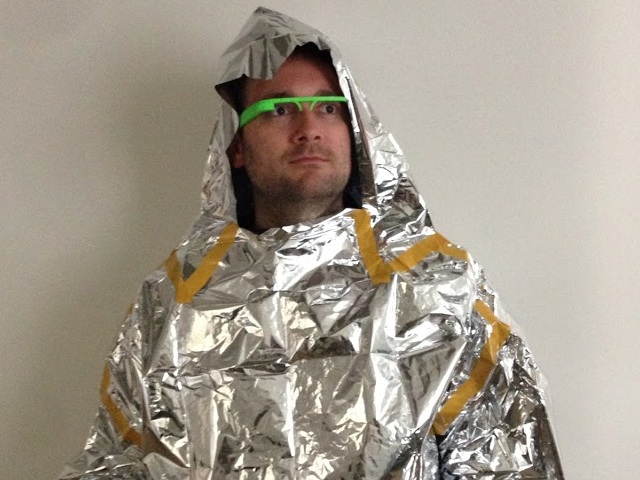
According to The Wall Street Journal, Microsoft is deploying prototype Google Glass-style eyewear to testers as part of a positioning effort in the wearable computing market. The information comes from "people familiar with the matter," which is generally journalism code for people directly involved with the topic at hand who wish to remain anonymous.
The report is somewhat light on details, but it mentions that Microsoft is "keeping close tabs" on the broader wearable computing market—a market Microsoft remains on the outside of.
The report speculates a bit about Microsoft's longer-term plans there, noting that the software giant is in the process of transforming itself from primarily a software and services company into more of a mixed hardware manufacturer. This is the opposite of what other traditional hardware companies are trying to do (witness Léo Apotheker's disastrous and abortive attempt to dump HP's personal computer division), but the Journal's anonymous source is quoted as saying that Microsoft is "determined to take the lead in hardware manufacturing to make sure the company won't miss out on the opportunities in the wearable gadget market."
Google is one of the big players in the wearable computing market today, not only from the perspective of mindshare, but also in development spend. The question that arises here is if Microsoft is truly trying to skate to where the proverbial puck is going to be by embracing wearable computing, or if it's instead simply chasing its current biggest rival. Google has long been the target of a lot of chair-throwing ire by Microsoft executives, and several Microsoft products have aped Google offerings.
However, it's unclear at this point whether "Microsoft Glass" will ever actually be a thing. The Journal's source indicates that the prototype currently in testing may never grow up to be a mass-produced consumer device.
reader comments
39